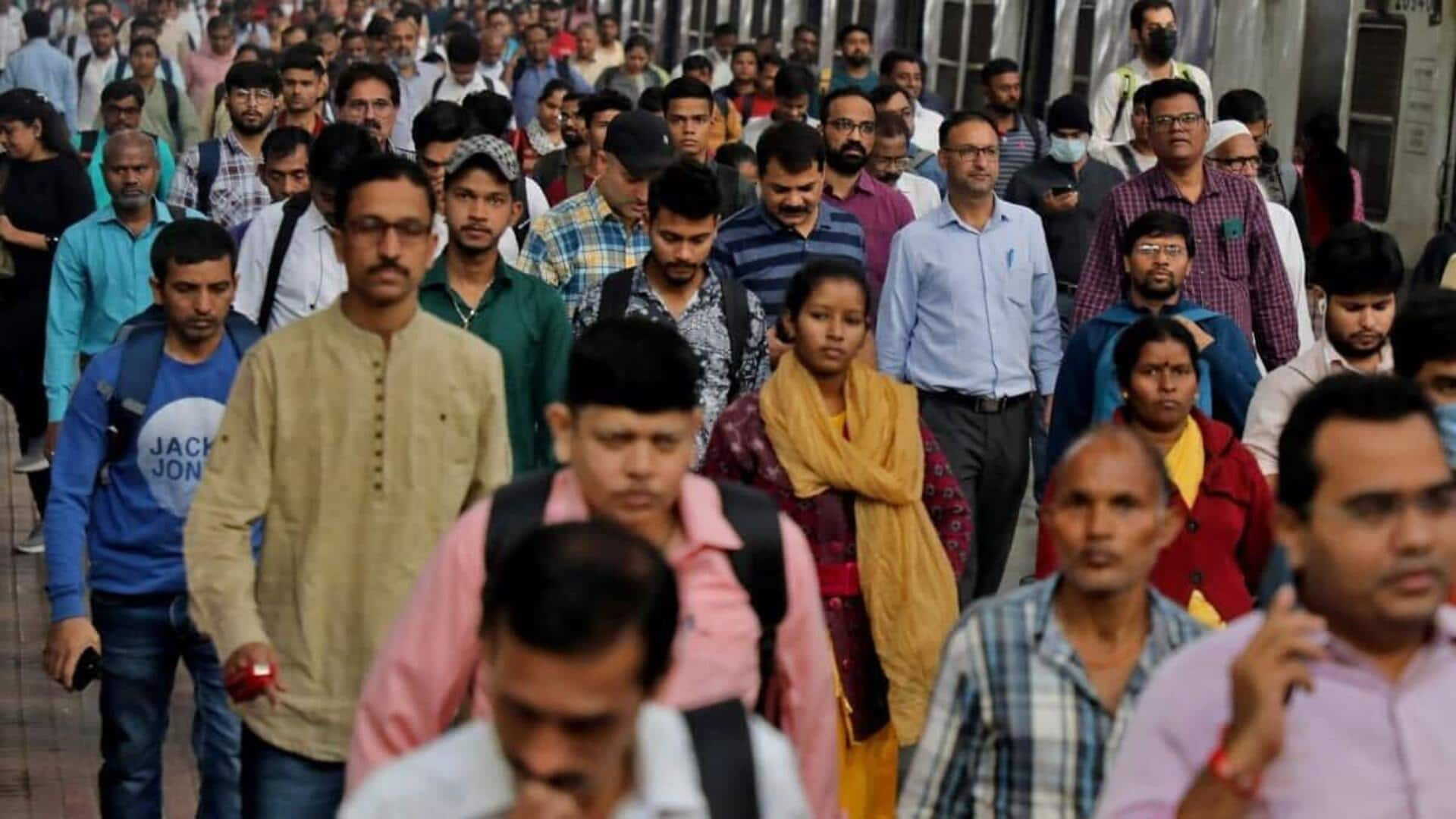
Explained: Delimitation process and south, Centre row
What's the story
As India prepares for the 2026 delimitation exercise, southern states are worried about losing seats due to population shifts.
The matter has ignited a political row with these states claiming the exercise could unfairly favor northern states at their cost.
On March 5, Tamil Nadu CM MK Stalin held an all-party meet to protest the delimitation of parliamentary constituencies.
The meet passed a six-point resolution requesting the Centre to extend the 1971 Census-based delimitation framework for another 30 years.
Extension appeal
Southern states seek extension of 1971 census-based delimitation
The resolution seeks to provide "fair representation" to states that have successfully curbed their population.
Union Home Minister Amit Shah had earlier assured these states that they wouldn't lose "even a single seat" after the fresh delimitation of constituencies.
However, Karnataka Chief Minister Siddaramaiah was skeptical of Shah's assurance and accused the Bharatiya Janata Party (BJP) of using delimitation as a weapon to "silence" southern states.
Delimitation process
Delimitation: A constitutional mandate for fair representation
Delimitation is the exercise of redrawing constituency boundaries according to the updated population data of the latest census.
It is a constitutional mandate to ensure a fair and representative electoral framework and equitable representation of citizens in elected bodies.
The Indian Constitution mandates seat adjustments in Parliament and state assemblies after every census to ensure equal representation per citizen, as per the principle of "one citizen, one vote, one value."
Commission role
Delimitation Commission: An independent body for seat adjustment
The President appoints a Delimitation Commission for this process, which works independently and whose decisions cannot be challenged in court.
The commission's recommendations are open for public feedback before coming into effect in subsequent elections.
Southern states fear their lower population growth than northern states could lead to diminished political clout if seat allocations are based on current census data.
Proposed measures
Stalin proposes joint action committee, seeks constitutional changes
Stalin has suggested that a joint action committee be formed with representatives of all southern states to create awareness and prevent seat cuts.
He said if Parliament constituencies increase to 848, Tamil Nadu would only get 10 more seats instead of 22, as per population-based criteria.
He also urged newly married couples to have children immediately.
"A situation has now arisen, according to which only a higher population would ensure more MPs as...delimitation would be on the basis of population."